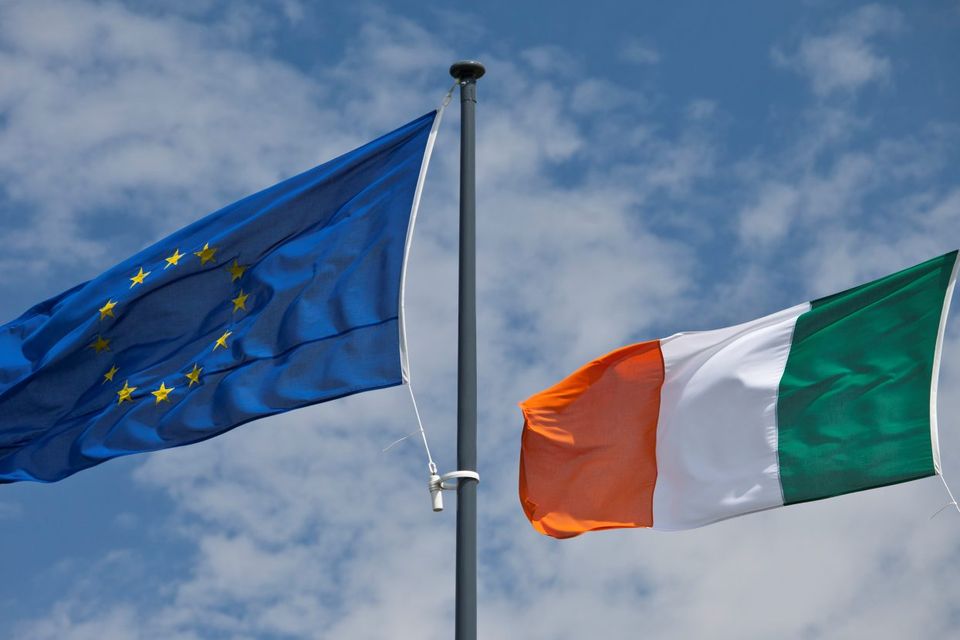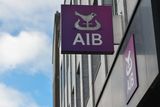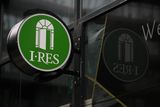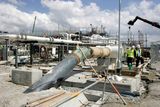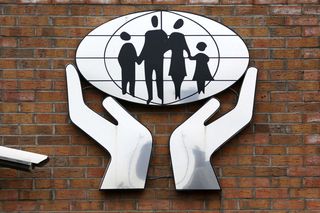Home truths: How the vote will affect you
From the impact on our economy to the concerns of Irish farmers and exporters, Mark O'Regan examines the potential effects - both negative and positive - that may be felt here in the wake of Britain's decision to sever ties with the EU
Stock photo: Getty
Overall economy
In the immediate aftermath of the result, stockbrokers began to reduce their forecasts for the Irish economy for this year and 2017.
Brexit is also expected to add to Ireland's cost of borrowing.
Shop-owners along the Border are likely to feel the pinch more than most. Sterling plummeted 8.4pc in the hours following the shock result, the weakest it has been in 31 years. Experts believe it will remain in the doldrums for some time to come.
Ireland's gross domestic product could also be hit to the tune of between €1.1bn to €2.7bn, according to government figures. The ESRI believes the result could reduce Ireland's GDP by between 0.5pc and 1.6pc.
The Border
The status of the Border with Northern Ireland remains unclear.
There's the possibility of customs and passport controls being put in place.
In January, Taoiseach Enda Kenny warned that border controls could be brought back into effect if the UK decides to leave.
However, experts suggest the reintroduction of the Border has the potential to unravel some of the progress following the Peace Process.
Also, once the UK formally leaves the union, a levy on the import and export of goods could be introduced.
The imposition of border controls would act as an extra cost on businesses, and could delay the transport of goods to and from the UK. That will cost Irish companies money.
Trade with Britain
Irish exporters will feel the pain as it will be harder to sell products into the UK. Likewise, importers of British products will need to impose higher prices to cover the costs of any renewed trade barriers.
Estimates indicate that could damage Irish-UK trade by about 20pc.
With no clarity on whether there will be tariffs, signing a contract with a British customer will be difficult.
Potential benefits
There's one silver lining to the current upheaval as some foreign investment earmarked for the UK may now come to Ireland.
There's the chance of increased investment in Irish commercial property originally destined for the UK.
Financial services companies could also decide that relocating to Ireland makes better sense.
Even during the referendum campaign, Nama noticed some investment originally planned for the UK being spent on commercial property in Ireland.
Pensions concern
Some €108bn is invested in pension funds here, much of it in equities and UK pension companies which operate here.
With uncertainty surrounding stock markets, pension funds will take a hit, which will particularly be felt by those who are due to retire over the next few years.
Farmers and the Agri-food sector
Farming and agri-food exports are particularly exposed to the negative effects of the vote.
The UK is absolutely vital for our agricultural produce because 52pc of Irish beef goes to the UK, 60pc of cheese exports and 84pc of poultry.
One-third of our total dairy exports goes to the UK, as well as 50pc of Ireland's total beef exports.
With the UK leaving the EU, a drop in Irish exports of between €150m to €800m can be expected.
Primary trade between North and South, the issue of EU and non-EU approved ingredients, and how they would be labelled and marketed, is also of real concern to Irish farmers.
The prospect of border control between Ireland and the UK has also amplified the concerns of this Brexit for Irish farmers north and south of the Border.
Ireland's imports of agri-food products from the UK are also substantial, amounting to €4.1bn in 2014.
The precise outcome, now that the UK has voted to leave, depends on the capacity of indigenous Irish producers to scale up production to meet the increased domestic market opportunities.
Direct payments to farmers under the Common Agricultural Policy are likely to take a hit.
Dr Kevin Hanrahan, agricultural economist with Teagasc, said the biggest fallout for Ireland would be losing our most important ally at the table where decisions are made in Brussels.
"The UK and Ireland have got to know each other around the council table since 1973, and the absence of our key partner in all sorts of negotiations will be the biggest fallout."
Worry over exports
Some 15pc of our exports go to the UK.
Exporters now face a price shock, and the risk of more to come, along with a threat to growth in the market they are selling to.
If sterling's fall is maintained, they will either have to try to hike their prices in the UK, or cut their euro earnings.
This will hit jobs and growth.
SME exporters are likely to be particularly exposed, as they will not have the same sophisticated currency hedging as their larger counterparts.
Tourism and the hospitality trade
Britain's exit from the EU will be a hit to the tourism sector, as UK tourists here find their pound does not go as far as it did.
At present, the UK is Ireland's biggest inbound tourist market, with over 3.5 millions visitors last year.
This represents 41pc of total visitors to Ireland.
If the market declines due to increased border controls, a slowing in the UK economy and a reduction in both business and leisure travel to Ireland, it would impact drastically on the hotel and tourism industry in Ireland.
Students face hikes
Irish students looking to study in Britain or Northern Ireland could face large increases in tuition fees.
EU membership means Irish students can study in Britain or Northern Ireland and pay the same fees as domestic students.
The result could see Irish students having to apply as international students.
Tuition fees for international students in Britain and the North range from €13,000 to €22,000 for arts or sciences courses, and €26,000 to €39,000 for clinical courses such as medicine or physiotherapy.
The Department of Education says a new arrangement would need to be worked out with British universities and EU students.
Last year, 2,085 Irish students went to study in Britain and Northern Ireland, according to UCAS, which processes British third-level college applications. Similarly, CAO figures showed that this year 2,193 UK A-level students applied to Irish colleges and universities, which is up from 2,094 in 2014.
The UK is the most popular destination for Irish graduates to emigrate - one in 12 Irish graduates pursue work opportunities in the country.
The motor trade
It is a very worrying time for the motor trade. A surge in low-priced UK used imports is expected after the Brexit vote.
Dealers are predicting this in turn will cause Irish used-car values to plummet, and may lead to a noticeable drop in new car sales.
The effects of a sharp fall in used-car values may be particularly pronounced for vehicle dealers and manufacturers who have underwritten "guaranteed minimum future values" on PCP (Personal Contract Plan) deals.
These deals require a small deposit and then a fixed monthly payment, rather than the full price, making the cars appear more affordable.
At the end of the term, the manufacturer guarantees the value of the vehicle.
The financial markets expect sterling to weaken against the euro by between 15-25pc, meaning imports from the UK become more attractive, prompting a further surge of used vehicles imported from the UK hitting our shores in the coming months.
The extent of this will be largely determined by economic factors.
Government bond market
Brexit threatens to drive money out of peripheral markets, such as Ireland, and into core markets like Germany.
This could increase our cost of borrowing, albeit from historic lows.
The ECB is a big buyer of government bonds in the market and may step to smooth out market pressures.
Beyond that the risk to Ireland comes from an expected hit to British, European and world economic growth.
Brexit will cost the world economy some $200bn by the end of 2017, according to the Economist Intelligence Unit.
Join the Irish Independent WhatsApp channel
Stay up to date with all the latest news
